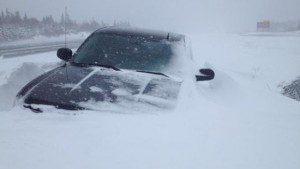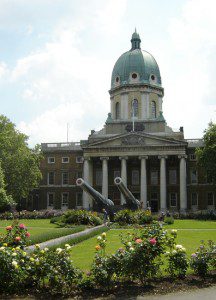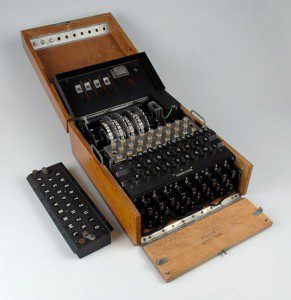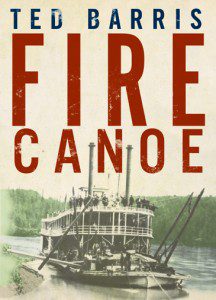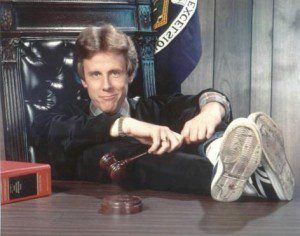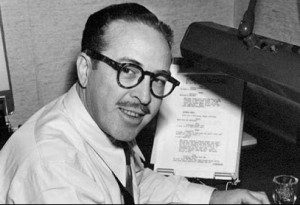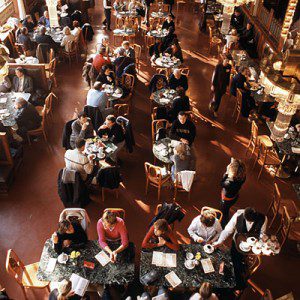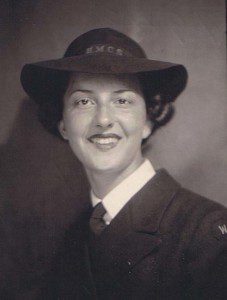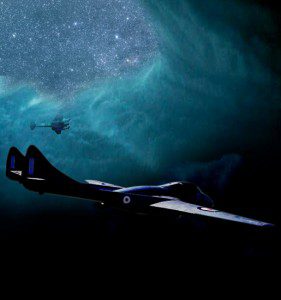 Fire Canoe
Fire Canoe
Dundurn Press
Fall 2015
ISBN 978-1-4597-3208-7
How The West Was Won…
With Canada’s sesquicentennial (the 150th anniversary of Confederation) coming in 2017, Canadians will be reflecting on how their nation was born. At the middle of the 19th century, as the fathers of Confederation cobbled together a nation of four English- and French-speaking settlements in the eastern half of North America, what would eventually become the Canadian West looked remote and unavailable. So then, what sparked Canada’s rapid expansion from coast to coast?
Steamboats, that’s what! Or “fire canoes,” as aboriginal people called them. In large measure, the national dream of a Canada that stretched from sea to sea was realized aboard the large, Mississippi-style paddlewheel steamers that began plying western waterways on the eve of Canadian Confederation. In Fire Canoe, historian Ted Barris describes how and why this happened:
- U.S. interests offered cash for first steamboat to reach Ft. Garry (Winnipeg)
- Hudson’s Bay Company demanded faster water transport
- Experienced First Nations pilots, stevedores & engineers offered skilled crews
- The rapid military response to the Riel rebellions of 1870 & 1885
- Steamboat commerce deterred U.S. political, commercial & military expansion
- Winning the West meant massive immigration only possible by steamboat
- Competition for business & territory sparked cutthroat steamboat races
- Life on the boats attracted all manner of gamblers, speculators & remittance men
Fire Canoe brings the first-hand accounts of the steamboat packet owners, captains, stevedores, engineers, firemen, immigrants, soldiers, and carpetbaggers who travelled the inland waterways of the West between 1859 and the turn of the 19th century. The Mark Twain−like tales of their sudden arrival, the exploits of the people they carried, the impact of their regularly scheduled trips on waterways across the prairies, all come alive in Barris’s unique, you-are-there storytelling.
Critics’ praise for Fire Canoe:
“Ted Barris has done for the steamboat what Pierre Berton did for the railway…” – Globe and Mail.
“[This book] will surprise Canadians who weren’t aware that on the bald plains, riverboats once turned cities like Winnipeg, Prince Albert, and Edmonton into thriving ports.” – Toronto Sun.
“Barris’s best subjects are the personalities of the era – those adventurous and eccentric steamboat captains, traders and pioneers…” – Canadian Press.
“The book deserves a place in the library of those interested in the history and development of western Canada.” – Alberta History.
“An exciting narrative of the extension of the Canadian frontier across the prairies … with stories of over 100 steamboats that have never appeared in any other book.” – Steamboat Bill magazine.
